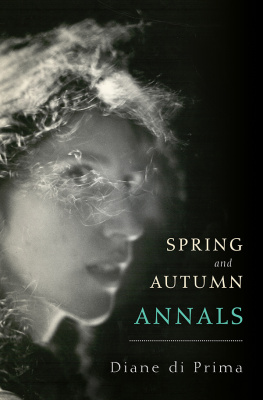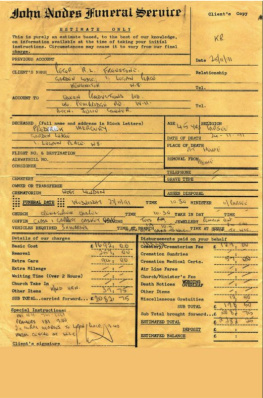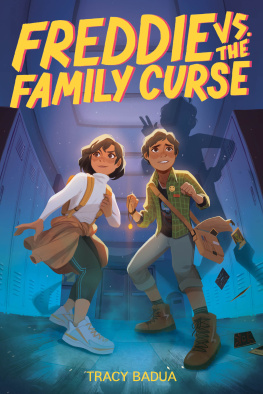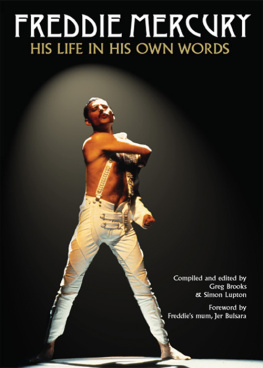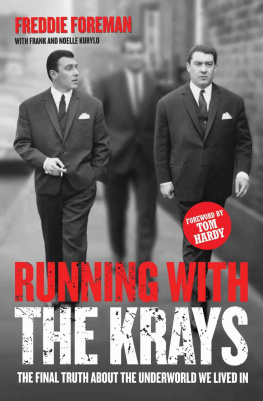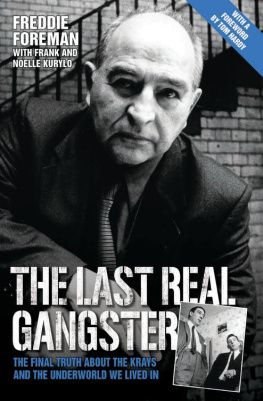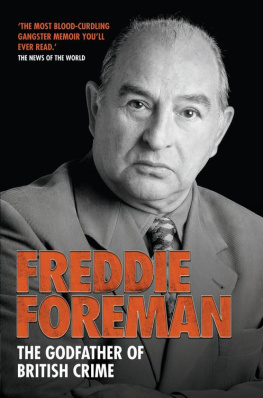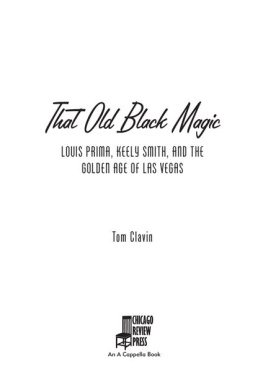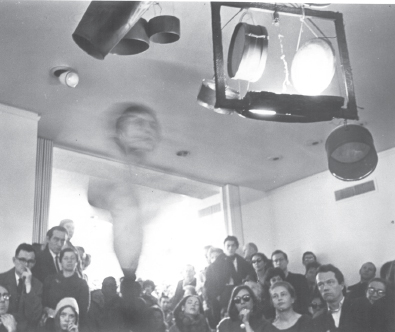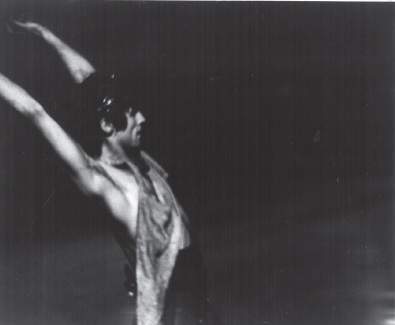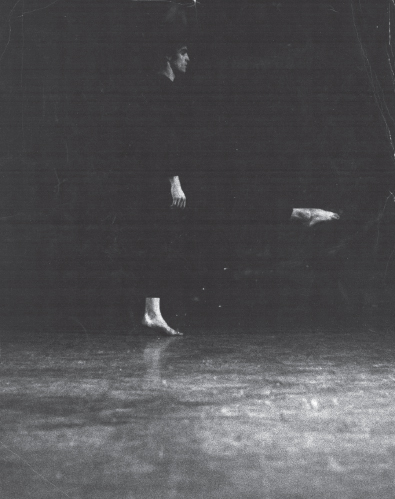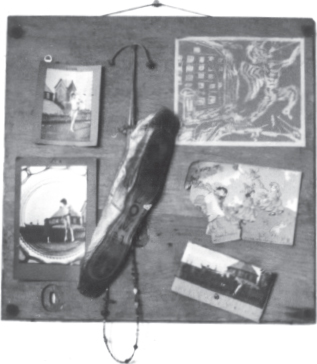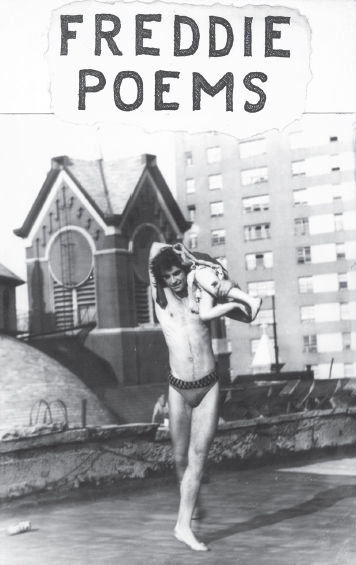Diane di Prima - Spring and Autumn Annals: A Celebration of the Seasons for Freddie
Here you can read online Diane di Prima - Spring and Autumn Annals: A Celebration of the Seasons for Freddie full text of the book (entire story) in english for free. Download pdf and epub, get meaning, cover and reviews about this ebook. year: 2021, publisher: City Lights Publishers, genre: Detective and thriller. Description of the work, (preface) as well as reviews are available. Best literature library LitArk.com created for fans of good reading and offers a wide selection of genres:
Romance novel
Science fiction
Adventure
Detective
Science
History
Home and family
Prose
Art
Politics
Computer
Non-fiction
Religion
Business
Children
Humor
Choose a favorite category and find really read worthwhile books. Enjoy immersion in the world of imagination, feel the emotions of the characters or learn something new for yourself, make an fascinating discovery.
- Book:Spring and Autumn Annals: A Celebration of the Seasons for Freddie
- Author:
- Publisher:City Lights Publishers
- Genre:
- Year:2021
- Rating:3 / 5
- Favourites:Add to favourites
- Your mark:
Spring and Autumn Annals: A Celebration of the Seasons for Freddie: summary, description and annotation
We offer to read an annotation, description, summary or preface (depends on what the author of the book "Spring and Autumn Annals: A Celebration of the Seasons for Freddie" wrote himself). If you haven't found the necessary information about the book — write in the comments, we will try to find it.
One of The Millions Most Anticipated Books of 2021.
Lyrical and unforgettable, part elegy and part memoir, we present a previously unpublished masterpiece from the Beat Generation icon. Simultaneously released with an expanded edition of di Primas classic Revolutionary Letters on the one-year anniversary of her passing.
In the autumn of 1964, Diane di Prima was a young poet living in New York when her dearest friend, dancer, choreographer, and Warhol Factory member, Freddie Herko, leapt from the window of a Greenwich Village apartment to a sudden, dramatic, and tragic death at the age of 29. In her shock and grief, di Prima began a daily practice of writing to Freddie. For a year, she would go to her study each day, light a stick of incense, and type furiously until it burned itself out.
The narrative ranges over the decade from 1954the year di Prima and Herko first metto 1965, with occasional forays into di Primas memories of growing up in Brooklyn. Lyrical, elegant, and nakedly honest, Spring and Autumn Annals is a moving tribute to a friendship, and to the extraordinary innovation and accomplishments of the period. Masterfully observed and passionately recorded, it offers a uniquely American portrait of the artist as a young woman in the heyday of bohemian New York City.
Praise for Spring and Autumn Annals:
The book is a treasure. Moving between the East Village, San Francisco, Topanga Canyon and Stinson Beach with young children, di Primas life is unbelievably rich. She studies Greek, writes, prepares dinners and feasts, and co-edits Floating Bear magazine. Diane di Prima is one of the greatest writers of her generation, and this book offers a window into its lives.Chris Kraus
Extolled by a writer who radically devoted herself to the experiential truth of beauty and intellect, in poverty and grace, in independent dignity, and in the community of Beat consciousness, Diane di Primas Spring and Autumn Annals arrives as a long-lost charm of illuminated meditations to love, life, death, eros and selflessness. An essential 1960s text of visionary rapaciousness.Thurston Moore
Freddie Herko wished for a third love before he died; and what a love is in this books beholding, saying, and release. Di Primas dancing narrative, propelled and circling at the speed of thought, picking up every name and detailed perception as a rolling tide, fills me with gratitude for the truth of her eye. Nothing gets past it, not even the ballet slippers letting in the snow.Ana Boievi
A masterpiece of literary reflection, as quest to archive her dancer friends life, to make art at all costs and the price dearly paid. Di Primas observational capacity is profound, her devotion and loyalty assures her deserved place as a national treasure. She generously instills in us the call of poetic remembrance as an act of resistance, and gives voice to the marginalized participants in experimental cultural movements that carried courage in creative rebellion while envisioning freedom of the human spirit. Di Primas poetic memoir of the artist journey is a triumph. A must read and reread for years to come.Karen Finley
Diane di Prima: author's other books
Who wrote Spring and Autumn Annals: A Celebration of the Seasons for Freddie? Find out the surname, the name of the author of the book and a list of all author's works by series.

